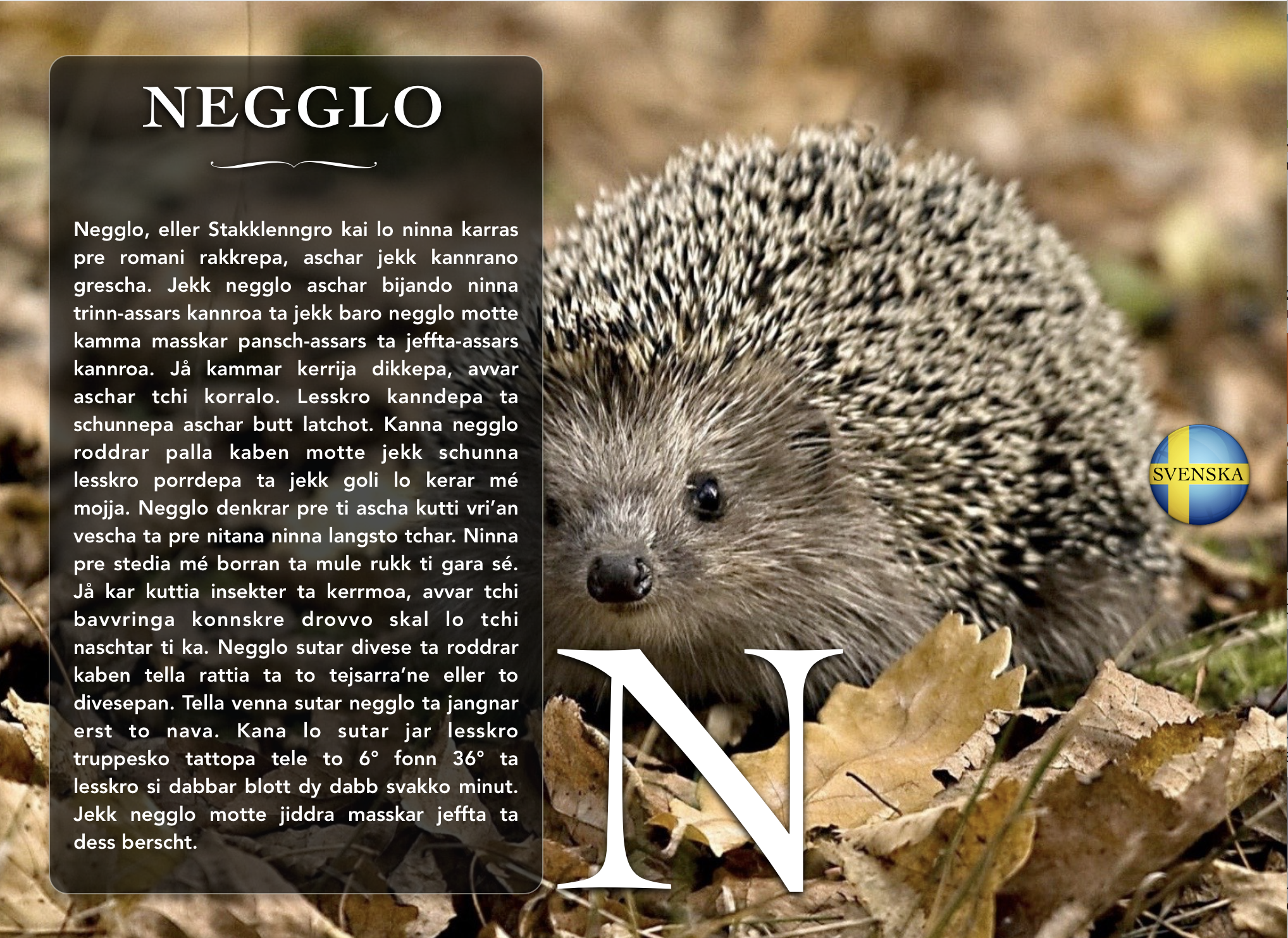What is the New Nordic Lexicon and how did it come about?
Media coverage of the Nordic region is often dominated by clichés. Commercial and political branding can quickly reduce ‘Norden’ to easily understandable messages, such as ’gender-equal’, ’consensus-orientated’, ’little or no corruption’, ’green’ etc. The main purpose of the New Nordic Lexicon is to provide a more nuanced and research-based approach to the Nordic countries by giving a popular voice to researchers and to disseminate this to young people in the Nordics.
The lexicon is a collection of articles about topics within Nordic society, history, and culture. It is written by researchers, and accompanied by a series of research-based podcasts and films. It has been developed with the input of researchers and students from across the Nordic countries. Young peoples’ input … ↪



